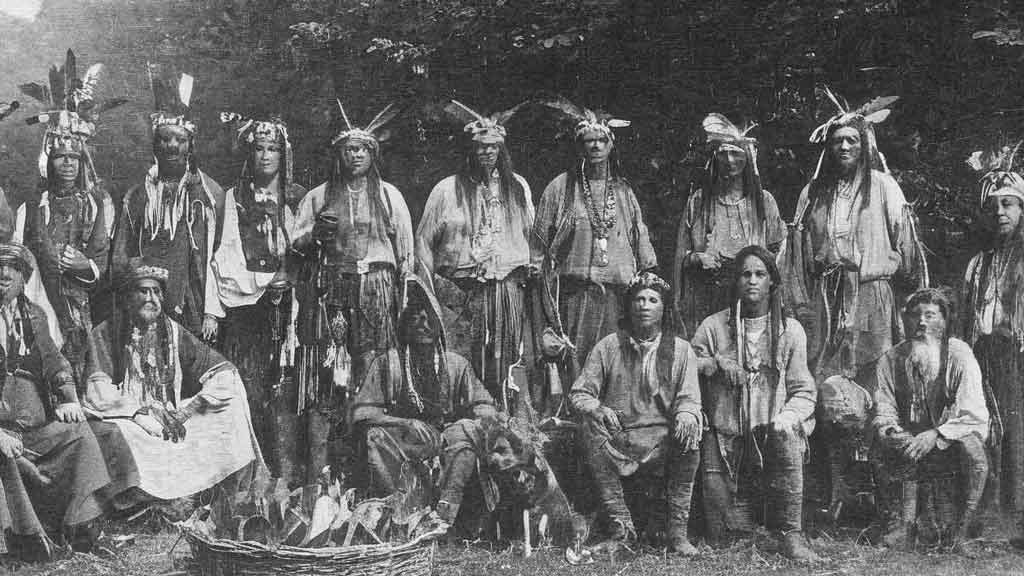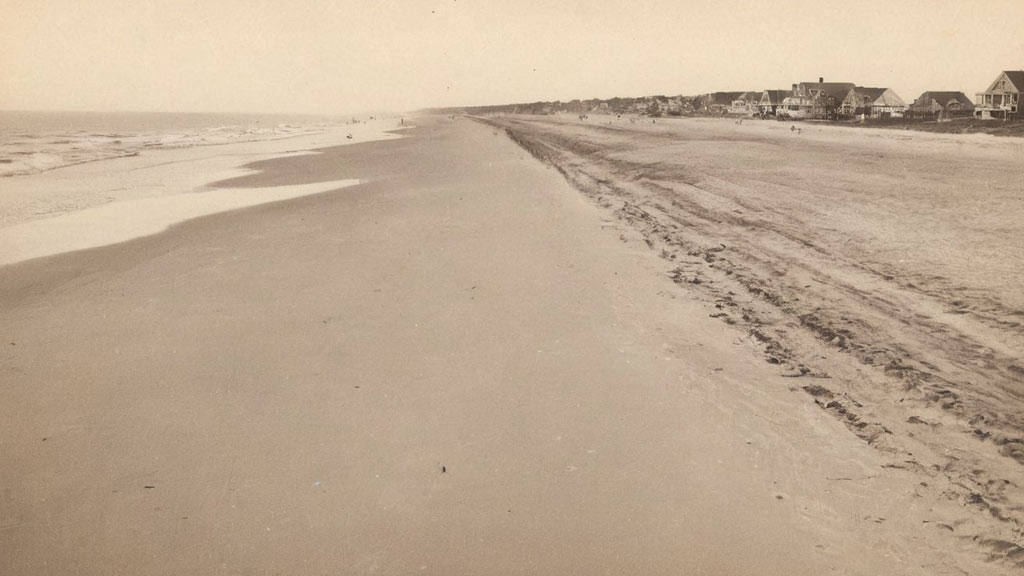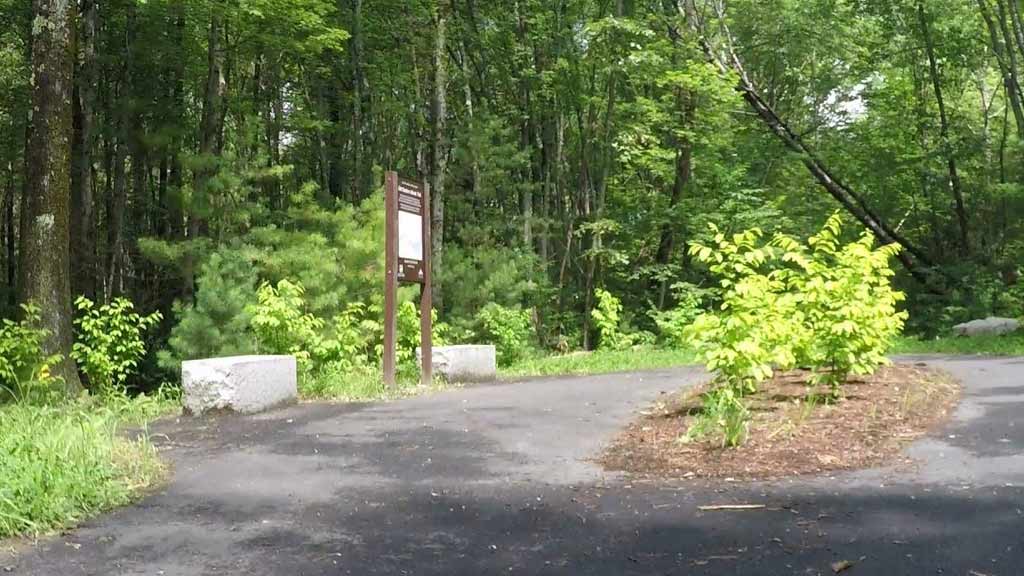Located on the scenic shores of the Merrimack River and the Atlantic Ocean, Salisbury, Massachusetts, stands as a beacon of history, with a narrative that unfolds like the pages of a cherished chronicle.
From its earliest days as a colonial settlement to its modern identity as a cherished coastal community, Salisbury’s story is one of resilience, adaptation, and growth.
Founded in 1638, Salisbury boasts a rich heritage rooted in agriculture, maritime trade, and industry. Its strategic location along major waterways have shaped its destiny, attracting settlers.
Over the centuries, Salisbury has weathered storms both literal and figurative, emerging stronger and more vibrant with each challenge.
Join us on a journey through the Salisbury Massachusetts history, as we uncover the tales of hardship and triumph that have defined this historic town.
From colonial conflicts to industrial expansion and beyond, Salisbury’s history offers a window into the enduring spirit of its residents.
Salisbury Massachusetts History
In the rolling hills bordering the mighty Merrimack River, Salisbury, Massachusetts, boasts a rich history.
From its indigenous roots to its evolution into a charming summer resort town, Salisbury’s story is a captivating tapestry woven over centuries.
Let’s delve into some of the most significant threads that make up this unique historical landscape:
Pentucket Tribe and Early Settlers

Long before European settlers arrived, the land that is now Salisbury was home to the Pentucket tribe, a branch of the Algonquian people.
Thriving communities thrived for millennia, living off the land’s abundant resources and navigating the rivers and forests with skill.
Their presence is still felt in place names like Pentucket Pond and evidence of their settlements can be found in archaeological digs.
The arrival of European settlers in the early 17th century marked a turning point. In 1623, the Council for New England granted the land to a group of English colonists led by the Reverend William Blackstone.
These early settlers faced challenges, including forging relationships with the Pentucket people and adapting to a new environment.
Foundation of the City

In 1638, a group of colonists led by Secretary of the Massachusetts Bay Colony, Simon Bradstreet, received permission to establish a new plantation north of the Merrimack River.
This plantation, initially named Colchester, officially became Salisbury in 1640, named after Salisbury in Wiltshire, England.
The town’s early years were characterized by a focus on agriculture. Residents cultivated the fertile land, raising crops and livestock to sustain themselves and contribute to the colony’s growth.
Additionally, the abundant natural resources, particularly the granite found along the riverbanks, provided opportunities for industry.
The Great Plague

A devastating chapter in Salisbury’s history unfolded in 1633. A mysterious illness, likely smallpox, swept through the indigenous population, decimating the Pentucket tribe.
This tragedy not only had a profound human cost but also significantly altered the demographic makeup of the region.
Construction of the Beach Road and Resorts
For centuries, Salisbury remained primarily an agricultural community. However, a pivotal shift occurred in 1866 with the construction of the Beach Road.
This vital infrastructure project provided direct access to Salisbury’s five miles of pristine Atlantic coastline, previously isolated by vast salt marshes.
The construction of the Beach Road ushered in a new era for Salisbury. The town’s potential as a summer resort destination was recognized, leading to the development of grand hotels, charming cottages, arcades, and amusement parks.
Salisbury Beach blossomed into a popular getaway for residents of nearby cities seeking respite and recreation by the sea.
Building the First Cemetery Site in New England

Salisbury holds a unique distinction in New England history. The town is believed to be the location of the first established European cemetery in the region.
Known as the “Governor’s Hill Burial Ground,” the cemetery dates back to the early 1600s and serves as a poignant reminder of the town’s early residents.
Discovery of a Large Collection of Arrowheads

In 1910, a remarkable archaeological discovery was made in Salisbury. A farmer unearthed a massive collection of over 40,000 arrowheads, along with other tools and artifacts.
This discovery provided invaluable insights into the lives and culture of the Pentucket tribe who inhabited the area for millennia. The collection is now housed at the Peabody Essex Museum in Salem, Massachusetts.
Modern Salisbury
Today, Salisbury offers a captivating blend of its rich history and modern amenities. Visitors can explore historic sites like the Salisbury Point Lighthouse or stroll along the same Beach Road that opened up the town’s resort potential.
Salisbury Beach continues to be a popular summer destination, offering a variety of attractions, restaurants, and family-friendly activities.
However, Salisbury is more than just a beach town. Its residents take pride in their agricultural heritage, with numerous farms offering fresh produce and local goods.
What Is Salisbury Massachusetts Known For?
Salisbury, Massachusetts, is known for several notable aspects that contribute to its charm and appeal.
From its scenic beaches to its rich history and vibrant community, Salisbury offers a diverse range of attractions and features that draw visitors and residents alike. Here are some of the things Salisbury is known for:
Salisbury Beach State Reservation

One of the town’s most renowned features is its beautiful beach, which stretches for miles along the Atlantic Ocean. Salisbury Beach State Reservation offers visitors a picturesque setting for swimming, sunbathing, picnicking, and enjoying various recreational activities.
The beach is a popular destination during the summer months, attracting tourists from across the region.
Historic Roots

Salisbury boasts a rich history that dates back to its founding in 1638. Originally settled as part of the Massachusetts Bay Colony, Salisbury has played a significant role in the region’s colonial past.
Visitors can explore historic sites such as the Salisbury Point Ghost Trail, which traces the town’s maritime history, or the Bartlett Museum, which showcases artifacts and exhibits related to Salisbury’s heritage.
Quaint New England Charm

With its tree-lined streets, historic buildings, and small-town atmosphere, Salisbury embodies the quintessential charm of New England.
Visitors can stroll through the town center, which features charming shops, cafes, and restaurants housed in beautifully preserved buildings.
The town’s welcoming ambiance and scenic surroundings make it a delightful destination for leisurely exploration.
Outdoor Recreation

In addition to its beachfront activities, Salisbury offers ample opportunities for outdoor recreation.
The town is home to several parks and conservation areas, including the Salisbury Town Forest and the Old Eastern Marsh Trail, where visitors can enjoy hiking, biking, birdwatching, and wildlife observation.
The nearby Merrimack River provides opportunities for boating, fishing, and kayaking.
Festivals and Events

Throughout the year, Salisbury hosts a variety of festivals and events that celebrate its culture, heritage, and community spirit.
The Salisbury Beach Better Block Festival showcases local artisans, musicians, and food vendors, while the Salisbury Art Stroll highlights the town’s thriving arts scene.
Other popular events include the Salisbury Beach Pirate Festival and the Salisbury Beachfront Concert Series.
Family-Friendly Attractions
Salisbury offers plenty of family-friendly attractions and activities for visitors of all ages. The Blue Ocean Event Center features an arcade, bowling alley, and indoor mini-golf course, providing hours of entertainment for families.
The nearby Seabrook Science & Nature Center offers interactive exhibits and educational programs focused on local wildlife and ecosystems.
Culinary Delights
Food enthusiasts will appreciate Salisbury’s diverse dining scene, which showcases fresh seafood, classic New England fare, and international cuisine.
From casual clam shacks and beachside cafes to upscale waterfront restaurants, there’s something to satisfy every palate in Salisbury.
Visitors can sample local specialties like clam chowder, lobster rolls, and fried seafood platters while enjoying views of the ocean.
Gateway to the North Shore
Situated on the northern coast of Massachusetts, Salisbury serves as a gateway to the scenic North Shore region.
Visitors can explore nearby towns and attractions such as Newburyport, known for its historic downtown and waterfront district, or Plum Island, a pristine barrier island renowned for its wildlife refuge and sandy beaches.
FAQs
Who were the original inhabitants of Salisbury?
The Pentucket tribe, a branch of the Algonquian people, thrived in the area for millennia before European settlers arrived. Their presence is still felt in place names and archaeological discoveries.
What was the significance of the Great Plague in 1633?
This devastating illness, likely smallpox, tragically decimated the Pentucket population. This event not only had a profound human cost but also significantly altered the demographic makeup of the region.
Why is the Beach Road such a pivotal part of Salisbury’s history?
Constructed in 1866, the Beach Road provided direct access to Salisbury’s pristine coastline. This previously isolated area flourished as a summer resort destination with grand hotels, cottages, and amusement parks after the road’s construction.
What makes the Governor’s Hill Burial Ground significant?
Believed to be the location of the first established European cemetery in New England, the Governor’s Hill Burial Ground offers a poignant reminder of Salisbury’s earliest residents and their role in the region’s history.
What is the archaeological discovery that sheds light on Salisbury’s indigenous past?
In 1910, a farmer unearthed a massive collection of over 40,000 arrowheads and other artifacts, offering invaluable insights into the lives and culture of the Pentucket tribe who inhabited the area for millennia.
Conclusion
Salisbury, Massachusetts, stands as a testament to the enduring spirit and resilience of its people throughout history.
From its humble beginnings as a colonial settlement to its present-day status as a cherished coastal community, Salisbury has overcome numerous challenges while preserving its unique identity and charm.
As we reflect on Salisbury’s rich history, we are reminded of the importance of preserving and honoring our past while embracing the opportunities of the future.
The stories of Salisbury’s pioneers, merchants, and fishermen serve as a source of inspiration for generations to come, illustrating the strength that can be found in community, perseverance, and unity.
As we bid farewell to this exploration of Salisbury’s history, let us carry forward the lessons learned from its past and continue to steward this treasured town with care and reverence.
May Salisbury’s legacy endure for centuries to come, a beacon of heritage and hope.
Jaclyn Lowe